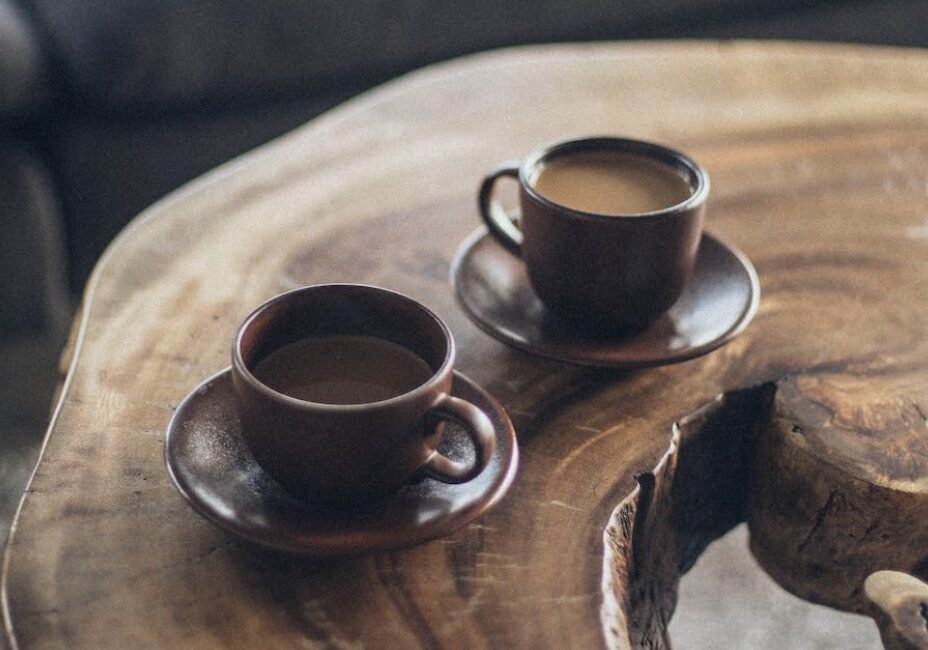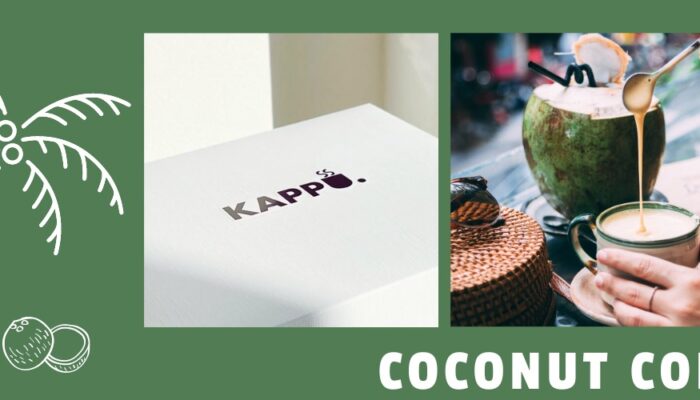
The tone of your day can be determined by the quality of your first cup of coffee. However, if you can’t find a barista to give you coffee when needed, you may have to find another way to get your daily fix.
You might want to make your own pot of coffee to start and enjoy the day. Moreover, it may help you save money, too, if you drink several cups of coffee daily. Following these amazing tips, you may brew a delicious cup of coffee at home each morning without ever having to leave the house.
- Always Use Quality Freshly Roasted Coffee Beans
There’s no debating that freshly roasted coffee tastes best within a few days. Getting the freshest beans possible requires visiting a local roaster, though it is possible to roast coffee at home as well. Don’t blindly grab a coffee from the supermarket’s bulk bins. Come try some of our freshly roasted coffee items at Kappu Coffee Shop daily.
If the shop isn’t careful about selling only freshly roasted beans, the oils in the coffee will get rancid in the storage tubes due to exposure to oxygen and light. It’s best to buy coffee beans that have been prepared by reputable roasters and sold in thick, vacuum-sealed bags.
- If You Can Afford Good Coffee, Get It!
Coffee snobbery is on par with wine snobbery, but the truth is that there is a remarkable universe of coffee flavors out there for those who are prepared to explore beyond mainstream commercial brands.
An endless supply of memorable coffee tastings can be had with specialty coffees that proudly display their place of origin. Robusta and Arabica are the two most popular types of beans sold today. There is a consensus that Arabica beans are superior because of their greater availability, flavor variety, and quality. Be on the lookout for authentic Arabica beans.
Robusta beans, known for their higher caffeine levels but harsh flavors, may be present in low-priced alternatives. Robusta coffees often get the “nasty” label from Espresso drinkers. The downside is the high price tag associated with specialty coffee. Many affordable supermarket brands are available if you’ve lost your barista job but still need your morning caffeine fix.
- Always Store Coffee Beans In A Cool, Dark Place
Coffee beans should never be left exposed to air once opened. Sealable ceramic or glass jars are ideal for long-term storage, as are rubber-gasket-sealed canning jars. Never put them in the fridge (roasted beans are porous and readily remove moisture and food odors).
According to our flavor experts, coffee, especially black roasts, is not recommended for freezing. Buy fresh beans for no less than five days and store them at room temperature.
- Don’t Use Inexpensive Filters
Experts agree that cheap paper coffee filters result in weaker brews. Try to find paper filters labeled “oxygen-bleached” or “dioxin-free” (e.g., Filtropa, Melitta). Alternatively, you might buy a high-quality gold-plated filter that will last a long time. These are said to provide the most flavor, but they may allow sediment through if the coffee is crushed too finely.
- Never Ever Skimp On The Coffee
When brewing coffee, 2 level tablespoons per 6-ounce cup, or around 2 3/4 tablespoons per 8-ounce cup, is the typical measure for achieving the desired strength. Bitter brews result from “tricks” such as using less coffee and hotter water to extract more cups per pound.
- Good Water Is Critical
Chlorine or other unpleasant tastes in municipal tap water are the surest way to ruin a cup of coffee. Regular tap water isn’t good enough for true coffee connoisseurs, so they either buy bottled spring water or install an activated charcoal/carbon filter.
The minerals found in good water are necessary for making decent coffee, therefore, be aware that softened or distilled water will provide horrible results.
Consider the Water’s Temperature
Can you recall how most coffee makers never reach the ideal brewing temperature? Your water temperature for brewing should be between 195 and 205 degrees.
Within these parameters, the water is able to quickly and effectively extract the pleasant flavors from the coffee (2-3 minutes) without over-extracting the unpleasant ones. Extraction is excessively slow, below 195 degrees. bitter espresso
When brewed at temperatures higher than 205 degrees, the coffee becomes bitter due to excessive extraction.
- Never Deviate From The Golden Coffee-to-Water Ratio!
To what extent should coffee be used? Many folks lose their footing on the next section. Although it appears to be a lot of math, you will find that it is actually quite simple. You’ll only need to learn this once from us, and then you’ll never have to worry about it again.
This is the optimal coffee-to-water ratio, as voted on by 99 percent of coffee drinkers worldwide. The water to coffee ratio is 1 gram of coffee to 15-18 grams of water (1:15-18). So long! It is not necessary to confuse the matter. The range is 1 gram to 15-18 grams. Simple.
- Beware the Temperature
Overly hot water will cause the coffee’s bitter components to be extracted. Brewing calls for water that is 200 degrees Fahrenheit or 45 seconds after it boils. Most high-quality coffee machines have automated temperature control.
Coffee loses much of its flavor once it has been brewed. Even the highest-quality coffee will become bitter and unpleasant after being reheated, boiled, or held for an extended period of time on a warming platform.
- Maintain a Clean Work Area and Tools
Remove oil buildup from containers and grinders on a weekly basis. At least once a month, use a concentrated solution of vinegar or a dedicated coffee machine cleaning, such as Urnex, to flush out any mineral deposits that may have built up inside the machine. Be sure to give it a good wash before putting it to good use again.
Rule to Keep Your Coffee Fresh Always
It’s important to know how to properly store your newly roasted, whole-bean specialty coffee. Just keep this simple guideline in mind: no power means no heat, and no air means no light.
Food deteriorates more rapidly in hot temperatures. In the presence of oxygen, things ‘oxidize’ (food spoils, the copper turns green, stuff like that). And light, even artificial light, has been shown to hasten the deterioration process. If you want your beans to last longer than two weeks, avoid doing these things to them.
Sum Up
If you want to make great coffee at home, the best place to start is with high-quality specialty coffee, and from there, you can expand. And we can find you some that are delicious, only at Kappu Coffee Shop.
Exceptional coffee is more than just delicious. A wonderful way to begin the day (and a bad cup can really kill a good morning vibe). So there you have it: the full scoop on improving your coffee’s flavor!


